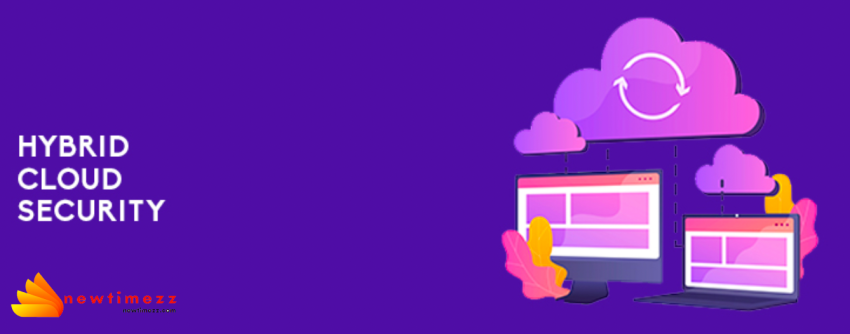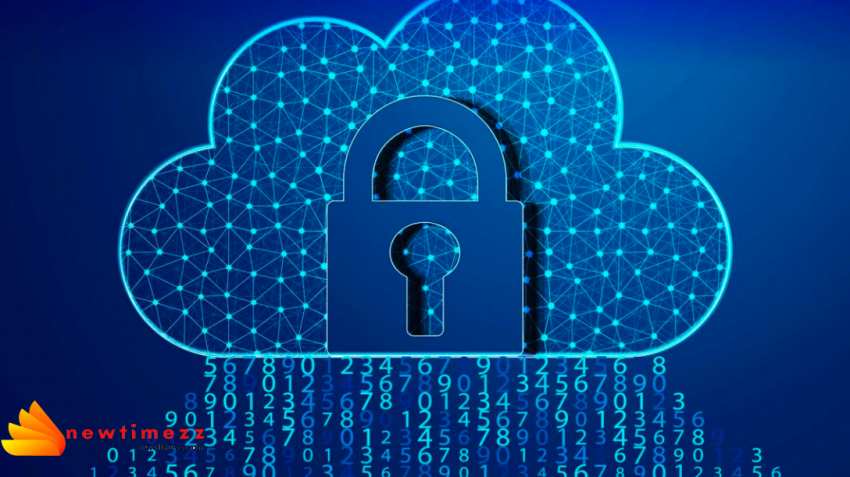More cloud diversification is a sign of cloud maturity, which is why 84% of survey participants in a recent IDG study acknowledged migrating workloads away from public clouds and into other settings. But how can you stay on top of the security flaws that might result from this fragmentation and diversification? Top hybrid cloud security solutions that can aid in resolving this issue are covered in this article.
Contents
What is hybrid cloud security?
The practice of securing infrastructure and data linked to a company’s IT systems is known as hybrid cloud security. Hybrid cloud security can handle many IT systems simultaneously, but in order to qualify as a hybrid, it must contain at least one private or public cloud. Hybrid security clouds are frequently used by businesses to improve flexibility, accountability, security, and control over numerous clouds.

Top hybrid cloud security solutions
Logic Hybrid Cloud Security Warning
Alert Logic, a managed detection and response (MDR) service provider, was established in 2002 and covers a range of IT infrastructure environments, including the hybrid cloud.
It provides a wide range of features in addition to MDR, including firewall security, network intrusion detection, and security integrations for particular cloud-based environments. All of your endpoints, storage servers, and network systems are powerfully protected by Alert Logic, which also has special functionality for AWS users.
Anywhere Armor
Armor Cloud Security was established in 2009 and offers analytics and workload security technologies for private, public, and hybrid cloud systems. It contains tools for detecting threats and taking action against them, as well as compliance controls for all of your enterprise data, regardless of where it is located.
Armor, which offers coverage across AWS, Azure, Google Cloud, hybrid cloud, and private cloud, has its own private cloud package that you may select to put your security solution and associated workloads/data insights on.
Cloudvisory

Cloudvisory was formed by cybersecurity experts from prestigious companies like AWS, Voltage Security, HP, and Oracle. Although the business was acquired by the industry leader in security intelligence FireEye in 2020, it is still accessible as a stand-alone security solution for hybrid settings. It supports DevSecOps workflows and is interoperable with a wide range of platforms, including AWS, Azure, Kubernetes, OpenStack, virtualized, and bare-metal.
There is a strong governance element in Cloudvisory. It not only complies with all significant laws and standards, but it also automatically identifies changes to the system in order to enforce the best compliance standards. You can automate a sizable chunk of your hybrid cloud security governance tasks using micro-segmentation and machine learning.
CloudKnox
Your hybrid cloud is protected by CloudKnox, a provider of identity and security controls, using its special activity-based authorization paradigm. It also serves as a platform for managing permissions, providing visibility into high-risk roles, privilege creep, and abnormal activities in real-time. All of the main public clouds as well as virtual machines are both compatible with CloudKnox, which is designed specifically for hybrid settings.
The company’s index measuring privilege creep is the main differentiator when adopting CloudKnox. This is a unique metric that evaluates your hybrid cloud environment’s overall risk levels and updates it hourly to reflect the aggregate of high-risk privileges, particularly for the aggregate of all high-risk privileges.
The main security issues in hybrid security solutions
Supply chain
The more complex your hybrid cloud system is, the more likely it is that you use many devices, programs, or goods. This makes it more difficult for your supply chain’s systems as a whole to be completely secure. Self-managing your hybrid cloud necessitates a thorough examination of all the products and software that go into your IT infrastructure.
You must comprehend each vendor’s system management practices, and source code, check to see whether they are following to their own data and regulatory duties, and know when they update their security apps. Simply put, your supply chain is a chain. Your IT infrastructure is at risk if one link breaks.
Data
In a private cloud, everything is secured inside, making data security rather simple. within a hybrid cloud setting? Not really. This is because switching to a hybrid cloud causes data to be mixed with other hosting infrastructure types.
Several security measures, including network authentication and encryption, are needed to keep hybrid cloud data secure. Whatever measures you take to protect your supply chain must also be compliant with data regulations and integrate with your network solutions.
If you properly implement different data security measures, you can reduce the amount of data that is exposed if a security breach compromises your system.
Respect for the law

Depending on the hybrid cloud type you wish to go to, you might need to follow additional rules and compliance requirements. Government, healthcare, finance, and telecommunications are a few examples of highly regulated and scrutinized industries that must conform to strict security standards.
Considering that any hybrid cloud architecture will probably present more security compliance concerns, be sure to be aware of them and find solutions for them in order to maintain compliance with your industry’s regulatory standards.
Conclusion
One of those IT organizational business concerns that will persist for a long time is hybrid cloud security threats and issues. For tackling the hybrid cloud security concerns and risks, organizations need to be updated and have access to the newest technology and counsel. This involves cooperating with suppliers of hybrid cloud security solutions like Actian. It is crucial for the company to be able to adapt to the constantly shifting requirements for cloud security.





